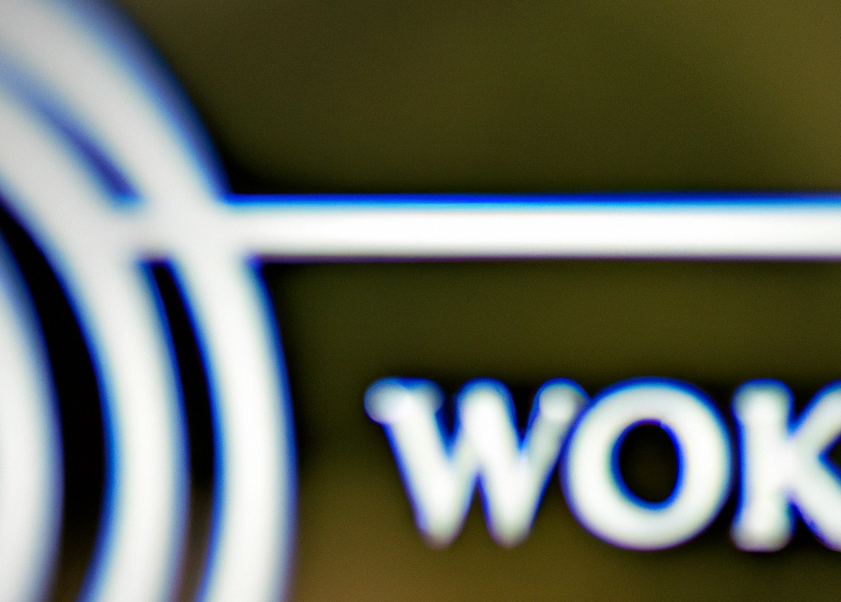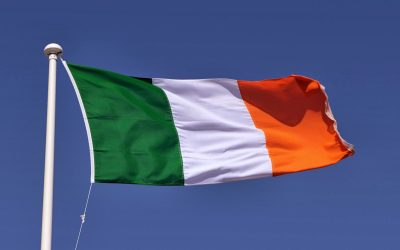Do you want to place your money and vote away from the woke? The tools to help you choose have finally arrived.
The 1792 Exchange examined 2000 corporations for their “wokeness.” The public policy non-profit’s website defines “woke” corporations as those that “use their power, brand and capital to advance and enforce divisive ideological agendas and cancel, deny service to or divest from those who don’t support progressive agenda ideas,” or who strive to meet environmental, social, and governance (ESG) standards.
In ESG, the “E” means companies must reduce carbon emissions, steer away from fossil fuels, and adopt green technologies. The “S” emphasizes race, gender and sexuality in its hiring and programs. Placing people from minorities into corporate governance fulfills the “G”. ESG is like a social credit system to align the global economy to United Nations’ Sustainable Development Goals.
The 1792 Exchange offers a very different assessment in its Spotlight Report and gives companies low marks for a woke bent. The report considers a company’s policies, track record, denials of service based on viewpoints or belief, and political involvement to determine whether they are lower, medium, or high-risk. A short report on each company explains the reasons for its assessment.
At least 21 banks are deemed high risk, including BMO, HSBC, Royal Bank of Canada, Scotiabank, and TD Bank. Some familiar retailers join them, including Best Buy, Home Depot, Kohl’s, Lululemon, Macy’s, Target, and Walmart; as well as online retailers Alibaba, Amazon, eBay, Etsy, and Shopify.
Home Depot got a bad rating because the chain “advertised flyers to its employees about confronting their ‘white privilege, Christian privilege, heterosexual privilege, able-bodied privilege,’ etc.” Liberal activists prevailed on Target to remove some books, and the company fought against conservative legislative proposals, including election integrity legislation in Georgia.
Airlines on the naughty list include Alaska, Allegiant, American, Delta, Frontier, Hawaiian, Southwest, and United. Alongside them were food and beverage companies Anheuser-Busch, Cargill, Coca-Cola, Hershey, Kellogg’s, Mars, McDonald’s, PepsiCo, and Starbucks. Ben & Jerry’s made the list for “Defund the Police” campaigns and claims that the justice system “must be dismantled.”
Many other major companies were deemed high risk. These include Alphabet, Apple, Amazon, Adobe, Airbnb, Bayer, Coinbase, Comcast, Disney, Dropbox, eBay, Estee Lauder, Expedia, Gap, General Motors, GoFundMe, HarperCollins, Hewlett-Packard, Hilton, Honeywell, IBM, Ikea, Indeed, Intuit, Johnson & Johnson, KPMG, Lego, Levi Strauss, Lululemon, Mastercard, Mattel, Merck, Meta, Marriott, Microsoft, Nike, Oracle, Paramount, Patreon, PayPal, Pfizer, Pinterest, RE/MAX, Red Bull, Reddit, Siemens, SoundCloud, Stanley Black & Decker, Thomson Reuters, Unilever, and Yelp.
After a breathlessly long list like that, is there anyone left? Yes. Some companies have a medium risk and many are deemed “lower risk”. Some of these are especially familiar to Canadians, such as Blackberry, CanadaHelps, ICBC, Kinder Morgan, Patterson Companies, Suncor Energy, and The Mosaic Company.
Best Western, Choice Hotels International, and Park Hotels & Resorts offer unwoke places to stay. Meanwhile, Loews Foods, Subway, The Chef’s Warehouse, and The Fresh Market won’t leave a bad taste in your mouth.
The list of low-risk online tech, communication, and payment companies run from A-to-Z. It includes Acer, Agile CRM, Airtable, Asus, Bitchute, Bitly, Brave, Constant Contact, Evernote, GETTR, GiveSendGo, Insightly, Live Nation, MeWe, NationBuilder, Signal, Squarespace, Steam, Substack, Telegram, TinyURL, Wix, WordPress, World Wide Technology, Verisign, and Zip.
Other companies that stick to sales include Acco Brands, American Greetings, Amway, Asics, Authentic Brands, Bic, Bose, Brother Industries, Champion, Costco, Foot Locker, Gorilla Glue, Herzog, Interstate Batteries, LG Electronics, Mohawk Industries, NAPA, Pacific Life, Panasonic, RaceTrac, Red Wing Shoes, Revlon, Sharp, Snap-On, Sportsman’s Warehouse, Stihl, Sunoco, and ZipRecruiter.
Making preferential shopping choices is but the beginning of uses for such a list. Conscientious shoppers can share the list with others. They can also advise woke companies of the choice to avoid their products and services.
Some American lawmakers are also doing their part. A report by pluralpolicy.com found 37 U.S. state legislatures introduced 156 anti-ESG laws in the first half of 2023. Of these 14 states have passed 22 laws to restrict the use of ESG factors in public investments and procurements. Meanwhile, just one pro-ESG bill has become law and only 11 states have even considered such legislation.
On May 2, Florida Governor Ron DeSantis signed into law a bill that barred state officials from investing public money to promote ESG and prohibited ESG bond sales. The Heartland Institute gave the Republican an A+ in their anti-ESG report card of U.S. presidential candidates.
Other competitors lagged. Mike Pence and Donald Trump received A’s. Vivek Ramaswamy got a B, despite establishing the billion-dollar anti-ESG investment fund Strive Asset Management. Nikki Haley received a C+ and Chris Christie a C-. Independent candidate Robert F. Kennedy Jr. got a D, while Democrat President Joe Biden received an F.
Only time will tell if Canada finds its own anti-ESG champions and legislation to match. Let’s hope so. As it is, the current obsession with Diversity, Equity, and Inclusion spells one thing: DIE.
Lee Harding is a Research Fellow for the Frontier Centre for Public Policy.
Related Items:
Watch Frontier Live on X – Climate Taxation – with Ian Madsen and Lee Harding here. (60 minutes) November 16, 2023



